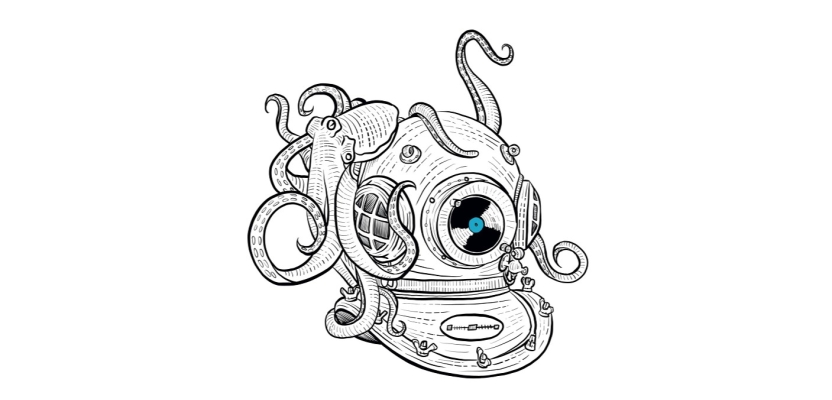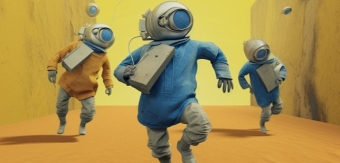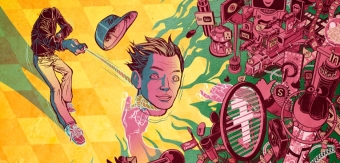SphereTrax CEO Sefi Carmel on AI and diversity in music licensing for production and how technology is helping more diverse musical voices to find a footing in the creative industries.
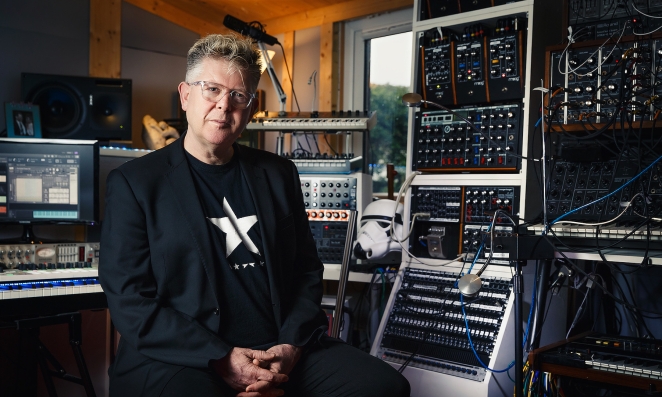
It’s exciting to see that the last decade has ushered in a remarkable trend of ethical and diversified business models across so many sectors of the creative industry, reflecting our collective progression towards a more inclusive tomorrow.
Ethical considerations, once an exception, are becoming the rule in many facets of our lives, from transparently sourced food to sustainable fashion.
However, there is of course still a way to go. Increasingly, it is becoming clear that we need to incorporate the same end-to-end ethics into the music and production industries. Inclusion and diversity should extend beyond what meets the eye, beyond on-screen representation, beyond boardroom quotas – they must permeate every layer of the production pipeline.
Music licensing, a critical component of the creative industries, is riddled with unique challenges that only seem to be intensifying as the industry develops.
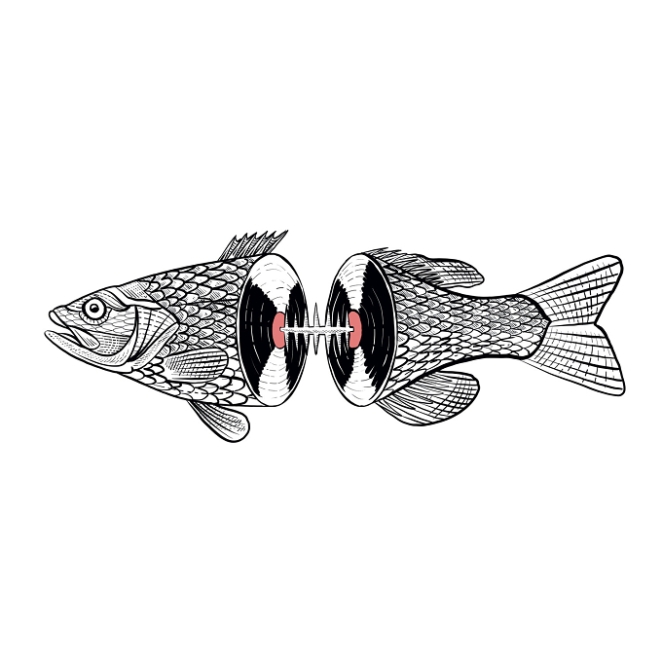
The task of finding sources of sync-able music that not only offer high-quality soundtracks for the creative studios and business clients, but also ethically paying composers their fair share whilst fostering independent creativity has emerged as a pain point for many – and one of growing importance.
The cause of such tension can be traced back to the rapid growth and popularity of the buy-out or race-to-the-bottom monthly subscription model. This model, while providing a semblance of convenience, has unfortunately led to a depreciation in the perceived value of music.
The inevitable consequence is the cornering of musicians – the very individuals whose creativity forms the lifeblood of the industry. We are hearing a lot more about this impacting thousands of musicians all over the world – from tiny, indie, as-yet-undiscovered artists and bands to major stars selling out global stadiums.
Adding layers of complexity to all of this is the troubling issue of transparency, or rather, the lack thereof. In an era where unlimited knowledge is seemingly everywhere, the fact that many ‘library music’ musicians often have their identities obscured can create both an uncomfortable – and unethical – opaqueness and lack of perceived authenticity.

Production teams, despite their best intentions to source music ethically and support artists, find themselves trapped in this cycle of destructive convenience. The inability to trace the origin of the music that they license is a huge obstacle on the path to true diversity and inclusivity and it is critical that we figure out methods of overcoming these challenges.
This means moving beyond on-screen representation to include the creators of the music – the unseen yet pivotal contributors to the final film, TV show, commercial or video game.
Another significant hurdle in the race towards a more inclusive and efficient music licensing industry is the rapid pace of the modern creative industries. As every passing year brings tighter deadlines, even more highly saturated competition and increased demand, the room for exploring new, undiscovered, or independent licensable music shrinks too. The result is a creative industry perpetually rushing against time, leaving little to no opportunity for the discovery and appreciation of fresh talent.
This is where the role of assistive AI – a real technological revolution in the music licensing world – can become crucial for a small section of creatives out there yet to be given the same opportunity as their counterparts.
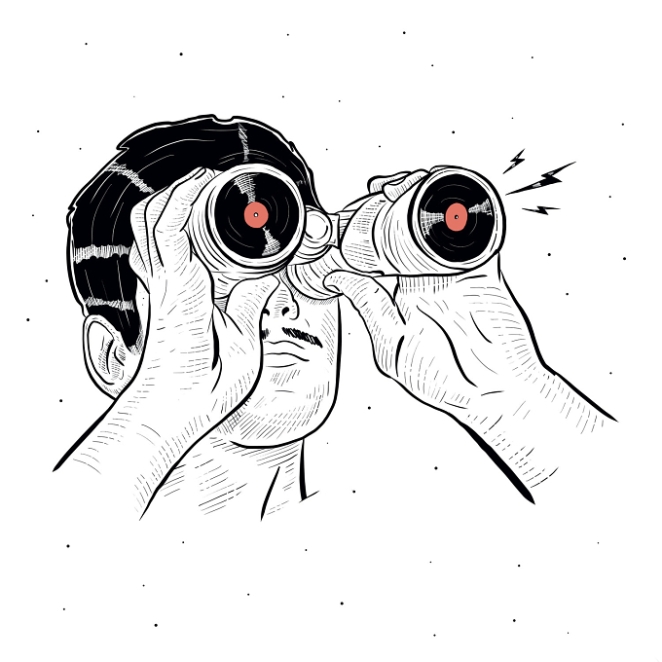
The newer search algorithms powered by AI are transformational tools, not only offering a breath of fresh air to creatives that spend hours trawling through long lists of music to find the perfect soundtrack for a project, but also connecting independent artists with opportunities which wouldn’t exist otherwise. They provide everyone, from agencies and broadcasters to post-production teams and game studios, with the capability to uncover undiscovered talent within seconds.
These AI systems, much like a well-versed guide, or co-pilot, can navigate the complex landscape of music licensing, bringing to the forefront artists who may otherwise remain unnoticed. Not only do these models save time, but answering some of the issues posed earlier in this article, they also have the potential to push forward the industry by fostering diversity, inclusion, and a fairer distribution of resources.
I find that in a world of shrinking budgets and accelerating deadlines, to believe in the power of technology, digital access and assistive AI to ethically support and promote independent, diverse artists is increasingly possible.
This is exactly why we built a new platform centred around this belief. Not only does this form of AI allow creatives to ethically source the music for projects of all kinds, we are also the first licensing platform to redistribute the majority of all revenue to our musicians. As composers ourselves, this just made sense to us.
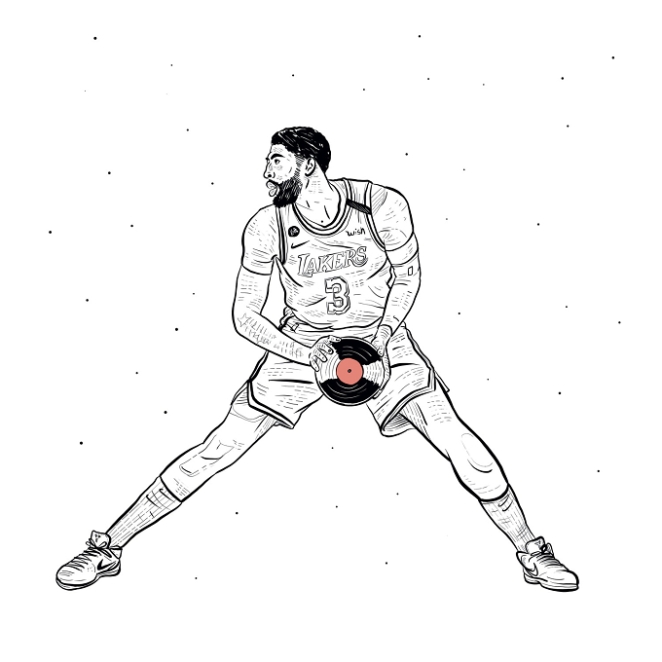
In this continuously evolving landscape, assistive AI promises to be a positive game-changer rather than an undermining force, pushing the boundaries of diversity and inclusivity in both the music licensing and production industries as a whole. It’s what you do with it that counts.

